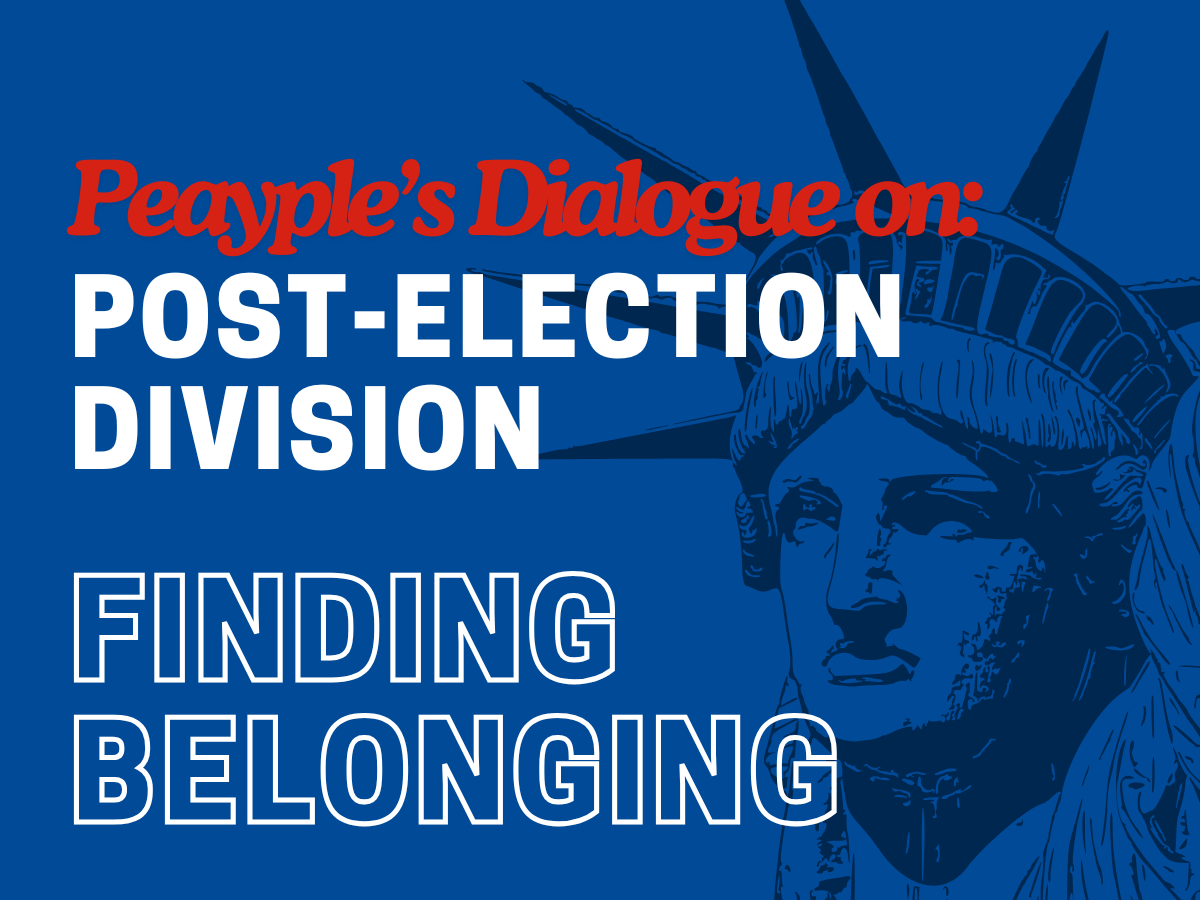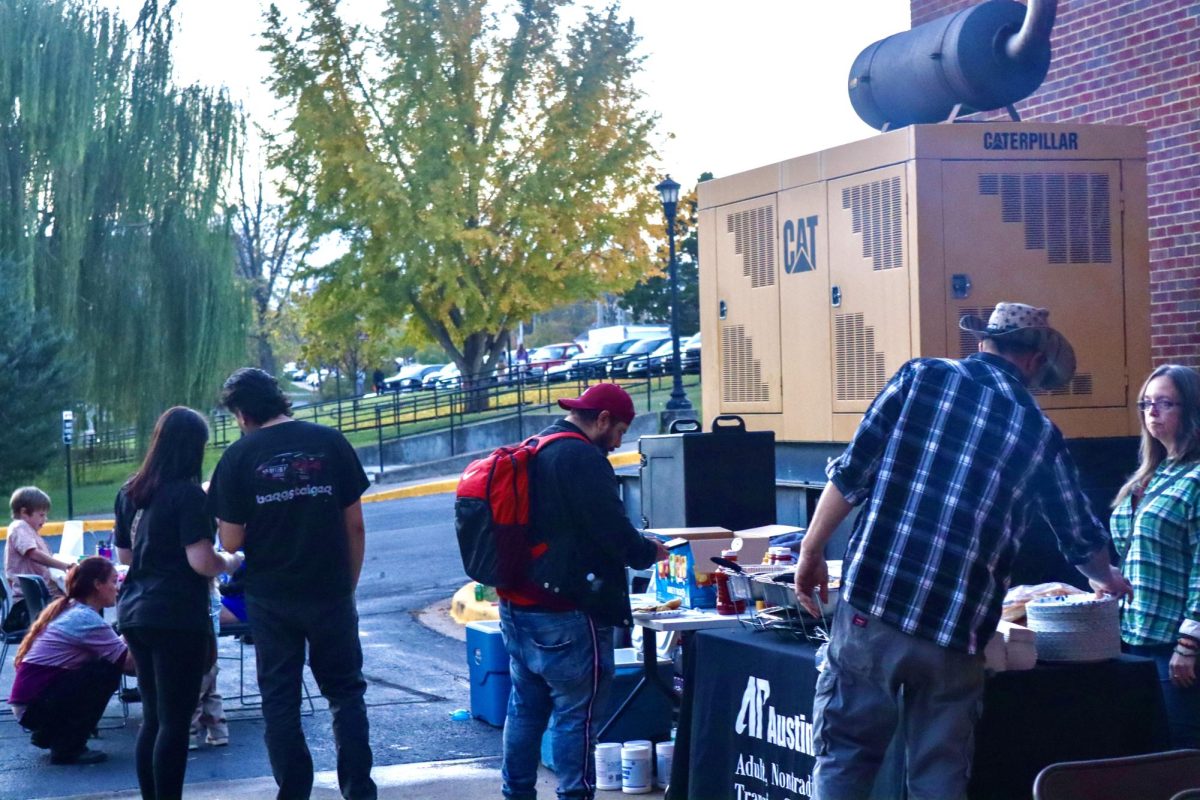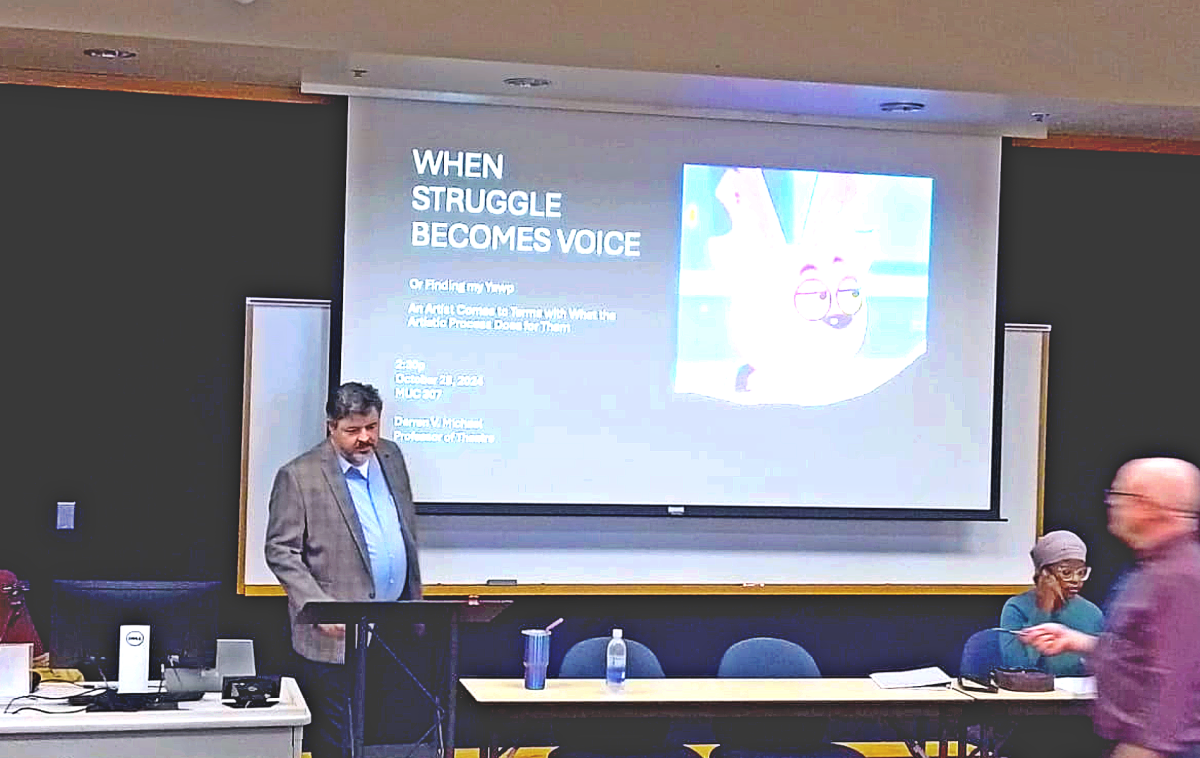As the weather begins to turn toward springtime, we celebrate Valentine’s Day, which, according to the Urban Dictionary, “is why so many people are born in November.” While our romantic rituals are veiled by sweets and flowers, for some people, Valentine’s Day can be about having sex with another person.
With rising reports of pervasive sexual violence, rape and abuse within the church, government and businesses, this “Season of Romance” has prompted APSU clubs and departments to host thoughtful conversations and considerations about human’s acts of deep intimacy and attempt to dismantle the violence that sex too often includes.
APSU is at the forefront amongst campuses in developing a sustainable, peer-to-peer, sexual violence reduction effort, according to the coordinator of APSU’s Fraternity and Sorority Affairs, Stephen Dominy. Throughout the academic year, on-topic events include theater productions, guest lectures, discussion groups and training.
The shared goals of these on-campus gatherings are to foster a community of educated people who can fully respect one another, explicitly negotiate uncoerced consent and support people as they responsibly maintain control of their sexual and reproductive lives.
For quite some time, the work of raising awareness regarding sexual assault has diligently been carried out by the Women’s and Gender Studies Department, the Feminist Majority Leadership Alliance (FMLA) and the GSA, previously known as the Gay-Straight Alliance, but newly named Gender-Sexuality Alliance. Recurring events on campus that have been staged for over a decade include The Clothesline Project and “The Vagina Monologues.”
In 2014, reducing sexual assault was fully embraced as a campus-wide priority. The result has been education and infrastructure projects across campus. From the blue safety lights found in our parking lots to the sexual assault video section added to APSU 1000, APSU is emerging as a leader in creating a safer campus community.

Dominy explained that the challenges of a successful effort are three-fold: 1) Maintaining sustainable funding for consistent programming; 2) Integrating efforts across the campus so that departments, clubs and organizations all work together and 3) continuously improving the environment and the events so more people participate in this tremendous culture change.
Dominy went on to say “Of the state institutions, we are leading the charge” and one would be hard-pressed to find another campus with “the breadth and depth to our program.”
Eve Ensler, the playwright who developed the stage production of “The Vagina Monologues,” suggested she might stop staging her play “when the violence stops.” Until then, here are a few events being hosted this week on campus where one can learn what can be done to end sexual and domestic violence and enjoy healthy, personally appropriate intimacy.
Listen to our interview with Stephen Dominy about Upstander Training below.







